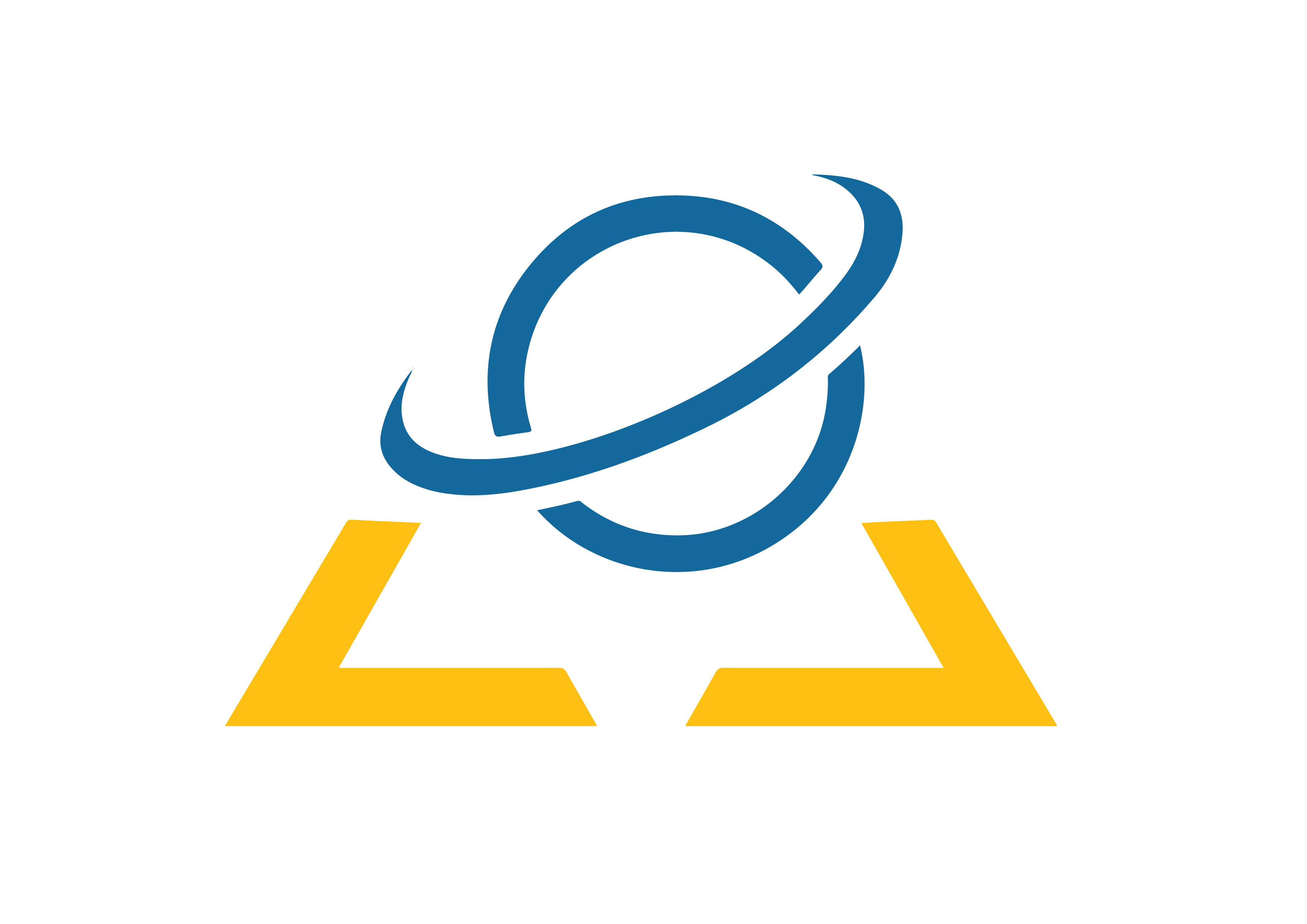On narcissism
I’ve been thinking a lot about social media and narcissism. In the popular Greek myth, Narcissus was rather full of himself. So much so that when he saw a reflection of himself in a pool where he’d gone to drink water, he fell in love with himself and couldn’t look away. So spellbound was he […]

I’ve been thinking a lot about social media and narcissism. In the popular Greek myth, Narcissus was rather full of himself. So much so that when he saw a reflection of himself in a pool where he’d gone to drink water, he fell in love with himself and couldn’t look away. So spellbound was he by his own youthful beauty that nothing and no one could convince him to leave, and so he wasted away there.
Narcissism isn’t a virtue, it destroys. This is a story that I wish many of us – particularly young people – reminded themselves of more often because it seems that obsessive self-love is being lauded as the way to live one’s “best life.” Call me old fashioned but there is something icky about posting photos of yourself and “hailing” yourself, praising yourself for your beauty (especially).
That is not to say that one mustn’t be proud of themselves for whatever, but it might help to pause and ask why the need for such public display of your own self-love. Besides, there are studies that show a link between narcissism and lack of empathy.
It has been said that social media is the narcissist’s playground. It encourages narcissistic behaviour and even rewards it. No matter what you say, no matter what you seek to validate, there’s sure to be someone goading you on. Should anyone dissent, you can tell them where to go (and there probably would be folks joining you in dispatching the unfortunate person to whichever bottomless hell you are keen to send them to.)
If you have a large following, there’ll be no shortage of people hyping up and ‘liking’ whatever bad behaviour you exhibit. Quite appealing to people with a tendency for self-importance. The ‘likes’ feed their ego.
I can’t tell people what to ‘like’ or not to ‘like’; what to hype and what not to hype. Social media platforms are designed for varying levels of self-promotion but hopefully, I can – as an old(er) woman appeal that we exercise a certain level of commonsense in both what we post and what we encourage because narcissism isn’t harmless. And not just on an individual level.
In researching this piece – I tend to research a lot out of everything – I stumbled on an absolutely wonderful and insightful article in The Atlantic by Scott Barry Kaufman, “What Collective Narcissism Does to Society.” I had never heard of group/collective narcissism. Kaufman begins with a definition of group narcissism by Agnieszka Golec de Zavala who researched extremist groups in 2005 and who came up with the Collective Narcissism Scale to calibrate group-narcissistic beliefs.
Per Golec de Zavala, group narcissism is “‘a belief that the exaggerated greatness of one’s group is not sufficiently recognised by others,” in which that thirst for recognition is never satiated.”
This not only stops you from listening to the points of view of others outside of your group, it makes you more likely to think of them in stereotypical clichés. Not surprisingly, per Kaufman, “collective narcissists, though, are often more focused on out-group prejudice than in-group loyalty.
“In its most extreme form, group narcissism can fuel political radicalism and potentially even violence.” We are seeing this play out, ba? Your group – whatever that is – is special and those that do not agree with your group, those outside of your group may need to be beaten into submission.
While it seems like a stretch to link hailing oneself for one’s beauty or whatever else on Twitter to political radicalization and violence, it might help to remember that groups are made up of people. Narcissistic individuals are overly sensitive to criticism, and tend to join groups that enhance their sense of worth.
Let me back up a bit. Psychologists, including Kaufman, have identified what they call vulnerable narcissism. According to them, narcissism is often a result of a void. The person who posts daily about their brilliance for example may be worried that they are not that smart, or that others perceive them as not being smart.
Between 2015 and 2018, former president Trump name-dropped Wharton Business school over 50 times to remind folks that he was smart enough to get into an Ivy college. However, he’s refused to show transcripts from his time there to discount anecdotal accounts that he was a really poor student. The vulnerability at the root of narcissism feeds into collective narcissism.
I haven’t said not to love yourself ooo. Go ahead and love yourself, love your ethnicity, love your political party but know to draw the line before it becomes destructive.
As we enter election week, remember that above all else, we are all citizens of the same country. Regardless of party affiliations. Regardless of your ethnic group. Pack your narcissism because you and your group are not special.
